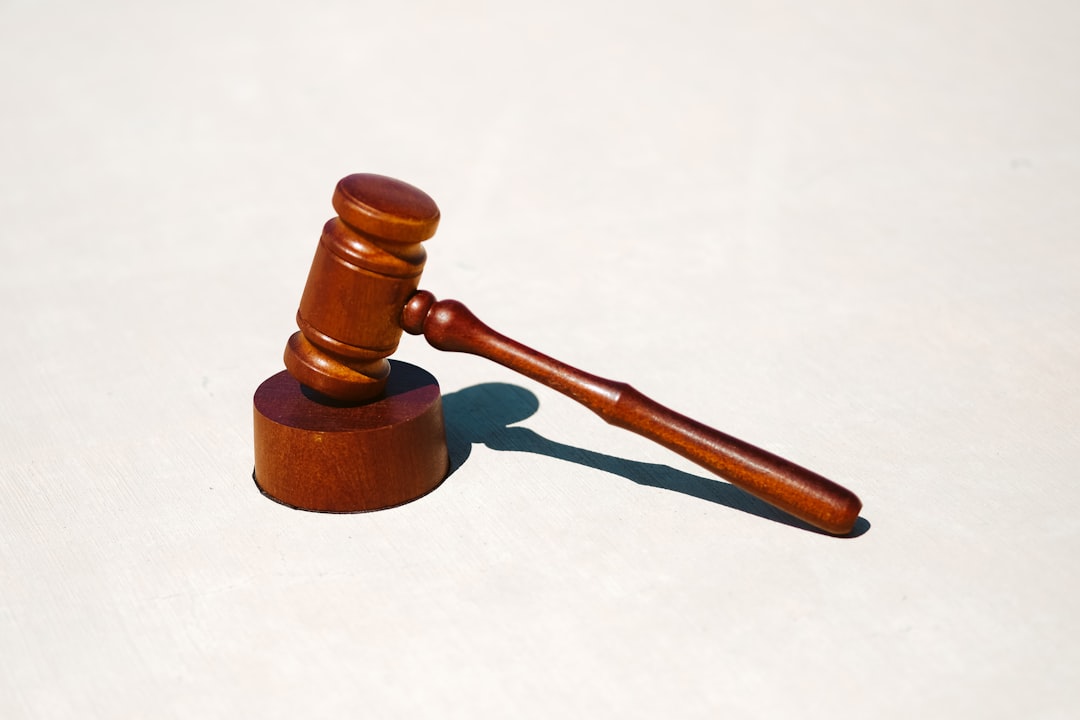In New Jersey, hospital assault is governed by specific legal frameworks involving state regulations and hospital policies. Hospital law firms play a critical role in defining unauthorized and harmful actions within healthcare settings, advocating for victims' rights, and ensuring accountability. Understanding liability, patient conduct regulations, security protocols, and negligence guidelines is essential for patients seeking justice and hospitals aiming to maintain safe environments. Victims should consult experienced hospital law firms for guidance, evidence gathering, strategic planning, and effective representation in medical malpractice cases, aiming for economic, non-economic, and punitive damages while holding hospitals accountable. Selecting the right hospital law firms in New Jersey with expertise in medical malpractice and healthcare law is crucial for a fair and just outcome.
In New Jersey, hospital assault cases involve allegations of negligence or intentional harm within healthcare settings. Understanding the legal framework is crucial for patients seeking justice. This comprehensive guide explores the definitions, liable parties, and legal processes under New Jersey’s regulations. Learn about filing a lawsuit, gathering evidence, and potential damages. Additionally, discover the significance of choosing experienced hospital law firms in New Jersey to navigate these complex cases effectively.
Understanding Hospital Assault: Legal Definitions and Regulations in New Jersey

Hospital assault, a serious concern within healthcare settings, is addressed by specific legal frameworks in New Jersey. To understand the scope and implications, one must navigate the intricate interplay between state regulations and hospital policies. The Legal definitions of hospital assault encompass a range of unauthorized and harmful actions by patients, visitors, or staff against fellow individuals within a hospital environment.
New Jersey’s hospital law firms are instrumental in clarifying these definitions and advocating for victims’ rights. Regulations governing patient conduct, hospital security protocols, and liability for harm incurred during assaults provide a legal foundation. These guidelines ensure accountability and promote a safer healthcare experience. Understanding the nuances of this legal framework is crucial for both individuals seeking justice after an assault and hospitals aiming to uphold their duty of care.
Who Can Be Held Liable: Patients, Staff, and Facilities

In cases of hospital assault or medical malpractice, understanding who can be held liable is crucial. In New Jersey, several entities within the healthcare ecosystem can face legal repercussions for their actions or inactions that result in harm to patients. Patients themselves may have claims against staff members who exhibit negligence or misconduct during their care. This includes doctors, nurses, and other medical professionals who deviate from acceptable standards of practice.
Moreover, hospital facilities and institutions are not immune to liability. Hospitals can be held accountable for the actions of their employees and the conditions within their premises. If a patient suffers harm due to unsafe facility conditions, inadequate staff supervision, or institutional policies that contribute to negligence, the hospital itself may face legal action through hospital law firms in New Jersey. Patients and their families are encouraged to seek expert advice from reputable hospital law firms to navigate these complex legal matters.
The Legal Process: Filing a Lawsuit and Gathering Evidence

When filing a lawsuit for hospital assault in New Jersey, victims should seek guidance from experienced hospital law firms in the state. These legal professionals understand the complexities of medical malpractice cases and can help navigate the process effectively. The first step involves gathering comprehensive evidence, including medical records, witness statements, and expert opinions to support the claim. This process requires careful documentation and prompt action to preserve relevant information.
Victims must adhere to specific statutes of limitations set by New Jersey laws, ensuring their case is filed within the prescribed time frame. Effective legal representation involves thorough investigations, meticulous record-keeping, and strategic planning to present a compelling case. Hospital law firms in New Jersey play a crucial role in ensuring victims receive justice and adequate compensation for their suffering.
Damages and Compensation: What You Can Recover

When pursuing a legal case for hospital assault in New Jersey, understanding the potential damages and compensation is crucial. A successful claim can lead to various forms of recovery designed to rectify the harm suffered. This may include economic damages, such as medical bills and lost wages, non-economic damages for pain and suffering, and even punitive damages in cases where the hospital or its staff demonstrated malice or gross negligence.
Hospital law firms in New Jersey often argue for these remedies based on the specific circumstances of each case. The goal is to ensure that victims receive fair compensation for their injuries, holding hospitals accountable for their actions or inaction. This process involves meticulous documentation and legal strategy to present a compelling case and secure the maximum recovery possible under the law.
Choosing the Right Hospital Law Firm: Expertise and Experience in New Jersey

When navigating a hospital assault case, selecting the right legal representation is paramount. In New Jersey, victims should seek out hospital law firms with demonstrated expertise in medical malpractice and personal injury litigation. Look for attorneys who specialize exclusively in healthcare law to ensure they possess an in-depth understanding of complex medical issues and relevant legislation.
Experience matters. Top-tier hospital law firms in New Jersey will have a proven track record of successfully representing clients in similar cases. They should be well-versed in navigating the state’s legal framework, including the application of statutes of limitations, liability caps, and procedural rules specific to hospital assault cases. Choose a firm that is committed to advocating for your rights and securing the justice you deserve.




